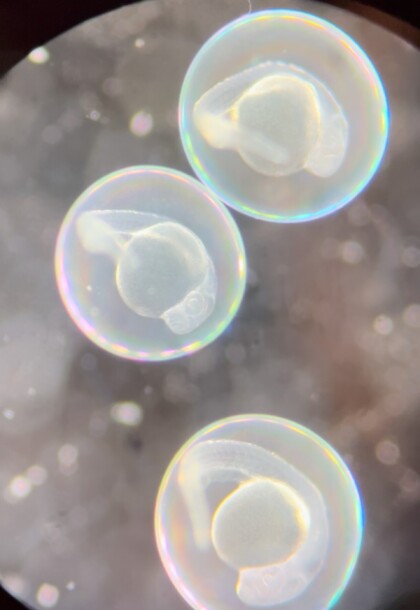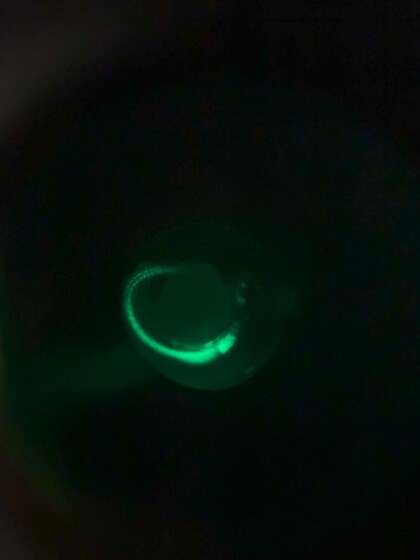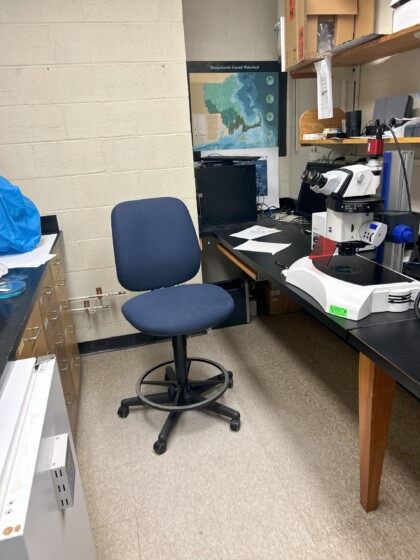
STEM In The Community
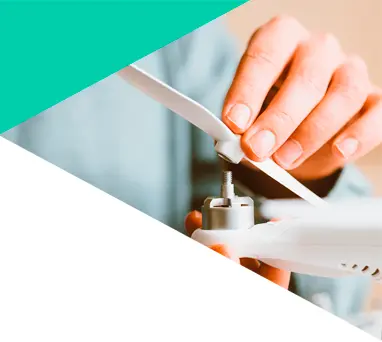
Undergraduate Research at WHOI: A Life-Changing Opportunity
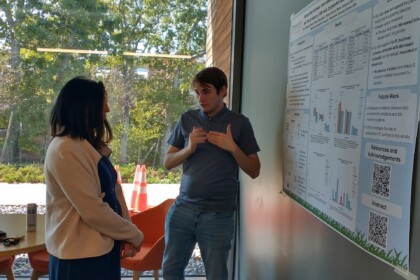
Undergraduate Research at WHOI: A Life-Changing Opportunity
By Jacob Hemeon | October 15, 2025
I first learned about the undergraduate research programs offered by the Woods Hole Oceanographic Institution (WHOI) during my first year at Cape Cod Community College. Many of my professors brought it up in class and encouraged students to apply. I didn’t take this seriously until, going into my second year, I developed an interest in research and my best friend suggested I apply for the Spring 2025 Blue Economy internship. I had never had a true undergraduate research experience before that point, so it definitely piqued my interest.
At a community college on Cape Cod, research opportunities were limited. No faculty were conducting research; companies involved in that type of work were scarce, and internships were few and far between. The WHOI internship gave me a chance to get my foot in the door and find out whether working in a research lab truly interested me. So, I applied to their program. Little did I know that by the end of my internship at WHOI, I would determine that I want to spend my life in academia.
At WHOI, I was given the opportunity to work with zebrafish under Dr. Neel Aluru and Dr. Chris Murray. At the time I arrived, Neel was beginning to look into how pollutants affect the way fish develop, specifically, how microplastics impact digestive system development. Zebrafish, commonly used in behavioral and physiological studies, were the perfect organisms. Having only ever worked with bacteria or yeast, and never anything as large as a zebrafish, I had to learn how to carefully handle and manipulate them so that I could actually work with them.
(Photos 1-2: Some images I took while working with zebrafish: a zebrafish embryo, and an embryo with its nervous system illuminated by green fluorescent protein under UV light).
Over the course of my internship, I worked with a lot of different techniques and procedures: dechorionating fish embryos, analyzing fish movement, imaging live and preserved specimens, measuring fish, running polymerase chain reactions, and performing gel electrophoresis. Some of these I had done before; others I had never thought I’d be doing. But no matter how inexperienced I was, Neel and Chris were always there to support me by lending a helping hand and giving me useful tips.
My time with them showed me how important it is to have not only dependable PIs but also reliable lab mates. Everyone in their lab relied on one another to do their work without mistakes because one small mistake could set an entire experiment back days to months. Even the way they spoke to and interacted with each other exuded trust. While working, they joked and talked about their lives and never breathed down each other’s necks. The way they extended this to me made me feel like just another lab member. They gave me space to work independently, were always open to conversation, and genuinely took an interest in me. I never felt like just another intern. It made me feel so much more confident in my work when I felt that what I was doing was respected.
(Photo 3: One of several lab spaces I worked in while at WHOI)
The hardest part about any research program is starting in a new lab. You’re surrounded by all these really experienced people you don’t know, doing research you’ve probably never done before, at an institution you’ve probably never been affiliated with. It can be hard to feel like you fit in. I felt that way when I first started. But really, it’s not as hard as it seems, it just feels that way while you’re finding your place in the new lab. Gradually, day by day or week by week, you’ll start to settle in and really feel like part of the team at WHOI. Conversations with your PIs will shift from feeling like you’re talking to supervisors to simply chatting with coworkers. You just need to relax and start seeing yourself as part of the team.
For me, after that period of adjustment, walking into the lab just felt right. When I put on my gloves and started working on whatever project I was assigned for that day, I gradually realized that I was meant to go into research. Above all else, that was my biggest takeaway from my internship at WHOI. Afterward, I sought out more undergraduate research opportunities and spent the summer in New York applying the skills I’d learned at WHOI to push the boundaries of scientific knowledge.
While my spring experience may have differed from the CC-CREW program in the summer, I can confidently say that any opportunity to do research at WHOI is one that an undergraduate should never pass up. It’ll give you invaluable lab experience, and even if you weren’t planning a research-oriented career, it might change your life plans and inspire you to seek out more undergraduate research opportunities by the time you’re done.
